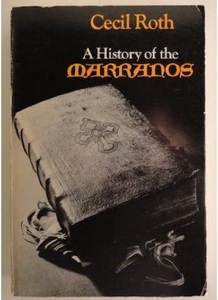NAMES ANALYSIS REPORT
You searched for:"Trevino",
Here's what we found
There are many indicators that the name Trevino may be of Jewish origin, emanating from the Jewish communities of Spain and Portugal.
When the Romans conquered the Jewish nation in 70 CE, much of the Jewish population was sent into exile throughout the Roman Empire. Many were sent to the Iberian Peninsula. The approximately 750,000 Jews living in Spain in the year 1492 were banished from the country by royal decree of Ferdinand and Isabella. The Jews of Portugal, were banished several years later. Reprieve from the banishment decrees was promised to those Jews who converted to Catholicism. Though some converted by choice, most of these New-Christian converts were called CONVERSOS or MARRANOS (a derogatory term for converts meaning pigs in Spanish), ANUSIM (meaning "coerced ones" in Hebrew) and CRYPTO-JEWS, as they secretly continued to practice the tenets of the Jewish faith.
Our research has found that the family name Trevino is cited with respect to Jews & Crypto-Jews in at least 7 bibliographical, documentary, or electronic references:
From the civil records of Amsterdam, The Netherlands
The Amsterdam Municipal Archives possess a complete set of registers of intended marriages from 1578 to 1811, the year when the present Civil Registry was started. Between 1598 and 1811, 15238 Jewish couples were entered in these books. Both the number of records and the volume of data that may be extracted from them are unprecedented.
The Inquisitors and the Jews in the New World, by Seymour B. Liebman. Reports the names of people who appeared before the inquisition in the New Spain
Except for a brief introduction, the entire book is a listing of Inquisition Records in the New World. This is a source for converso names in the New World.
A History of the Marranos, by Cecil Roth.
The expulsion of the Jews from Spain in 1492 by the infamous decree of King Ferdinand and Queen Isabella was the culmination of a series of anti-Jewish persecutions throughout the 14th and 15th centuries in which thousands of Jews were massacred. Thousands of others converted in order to escape death. After the expulsion many more joined the ranks of these "new Christians" as an alternative to exile. A large number of converts, while outwardly professing Christianity, secretly continued to practice Judaism. These Marranos, as they were popularly known, were then mercilessly persecuted by the dreaded Inquisition which through tortures of forced confessions and auto-da-fes sent thousands to the stake. Many others managed to escape to countries outside the reach of the Inquisition where they created a widespread Marrano diaspora. Thousands of Marranos have survived even into our times. This seminal work by the eminent historian traces the tribulation of these secret Judaizers as well as the fate of those who succeeded in escaping to other lands where many of them rose to prominence in various fields of endeavor.
The Jews of New Spain, by Seymour B. Liebman
Professor Liebman endeavors to discover why, beginning in 1521, Jews migrated from Old Spain to New Spain. He then proceeds to document the persistence of Jewish life in the face of a new Spanish Inquisition and formalized suppression including forced conversion and exclusion from citizenship. The author concludes it was the religious, cultural and personal vitality of Jews that caused their cherished and proud identity to persist, even though most of the earliest Jewish migrants eventually did assimilate into Mexican society.
Sangre Judia (Jewish Blood) by Pere Bonnin. Flor de Viento, Barcelona, 2006. A list of 3,500 names used by Jews, or assigned to Jews by the Holy Office (la Santo Oficio) of Spain. The list is a result of a census of Jewish communities of Spain by the Catholic Church and as found in Inquisition records.
Pere Bonnin, a philosopher, journalist and writer from Sa Pobla (Mallorca), a descendant of converted Jews, settles with this work a debt "owed to his ancestors", in his own words. The book, written in a personal and accessible style and based on numerous sources, includes a review of basic Jewish concepts, Jewish history in Spain, and Christian Anti-Semitism. There is also a section that focuses on the reconciliation between the Church and Monarchy and the Jews, which took place in the 20th Century. In this study, Bonnin deals in depth with the issue of surnames of Jewish origin. In the prologue, the author explains the rules he followed in the phonetic transcription of surnames of Hebrew origin that are mentioned in the book. The researcher cites the Jewish origin, sometimes recognized and other times controversial, of historically prominent figures (like Cristobal Colon, Hernan Cortes, Miguel de Cervantes Saavedra and many others) and links between surnames of Jewish origin with some concepts in Judaism.. The book also includes an appendix with more than three thousands surnames "suspected" of being Jewish, because they appear in censuses of the Jewish communities and on the Inquisitorial lists of suspected practitioners of Judaism, as well as in other sources. In the chapter "Una historia de desencuentro", the author elaborates on surnames of Jewish origin of the royalty, nobility, artistocracy, clergy, and also of writers, educators and university teachers during the Inquisition. Special attention is given to the "Chuetas" of Mallorca, the birthplace of the author.
Descendants of the Anusim (Crypto-Jews) in Contemporary Mexico by Schulamith Chava Halevy, Hebrew University, Jerusalem 2009
A thoroughly researched and well presented doctorate thesis that attempts to determine how much Sephardic heritage remains in the Nuevo León region of Mexico today amongst families of Jewish extraction, whether knowingly or unknowingly.
The Abarbanel Foundation Website, "Reintegrating the Lost Jews of Spain & Portugal"
List of names of forcibly converted Jews who were tried by the Spanish Inquisition for practicing Judaism in Mexico in the years 1528 - 1815
Distinguished Jewish bearers of the Trevino name and its variants include : Luis Treviño de Sobremontes was a merchant in Nueva Galicia and Oaxaca ; he was burned at the stake in 1649.
Around the 12th century, surnames started to become common in Iberia. In Spain, where Arab-Jewish influence was significant, these new names retained their old original structure, so that many of the Jewish surnames were of Hebrew derivation. Others were directly related to geographical locations and were acquired due to the forced wanderings caused by exile and persecution. Other family names were a result of conversion, when the family accepted the name of their Christian sponsor. In many cases, the Portuguese Jews bear surnames of pure Iberian/Christian origin. Many names have been changed in the course of migration from country to country. In yet other cases "aliases", or totally new names, were adopted due to fear of persecution by the Inquisition.




